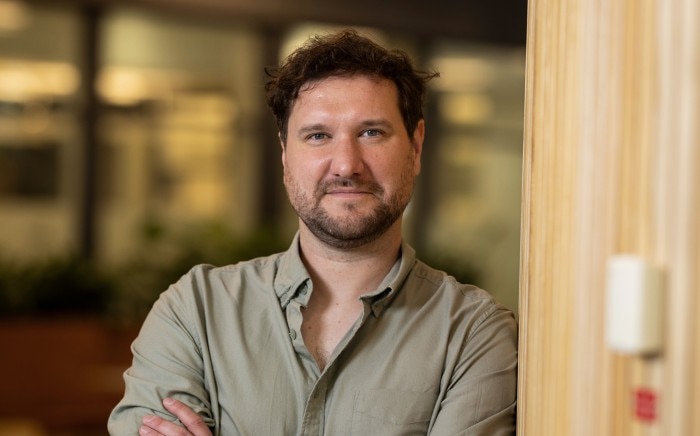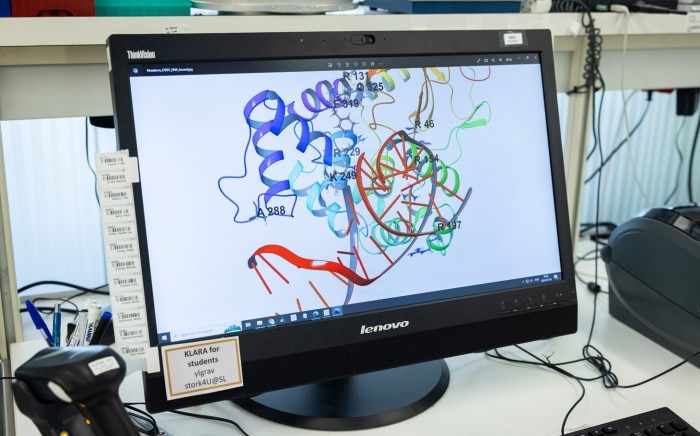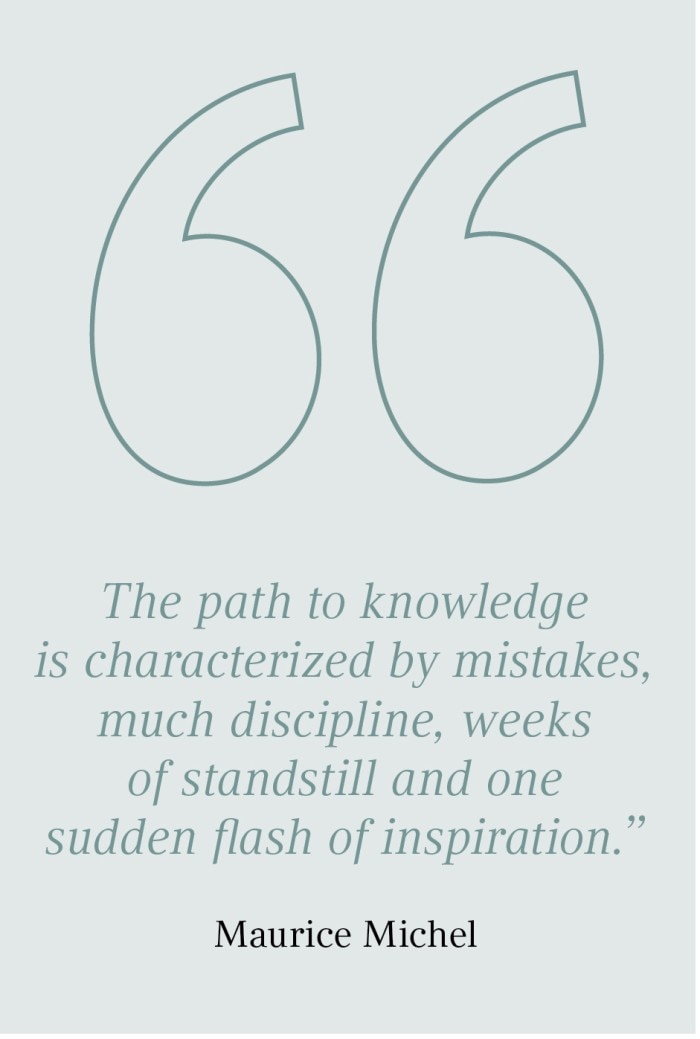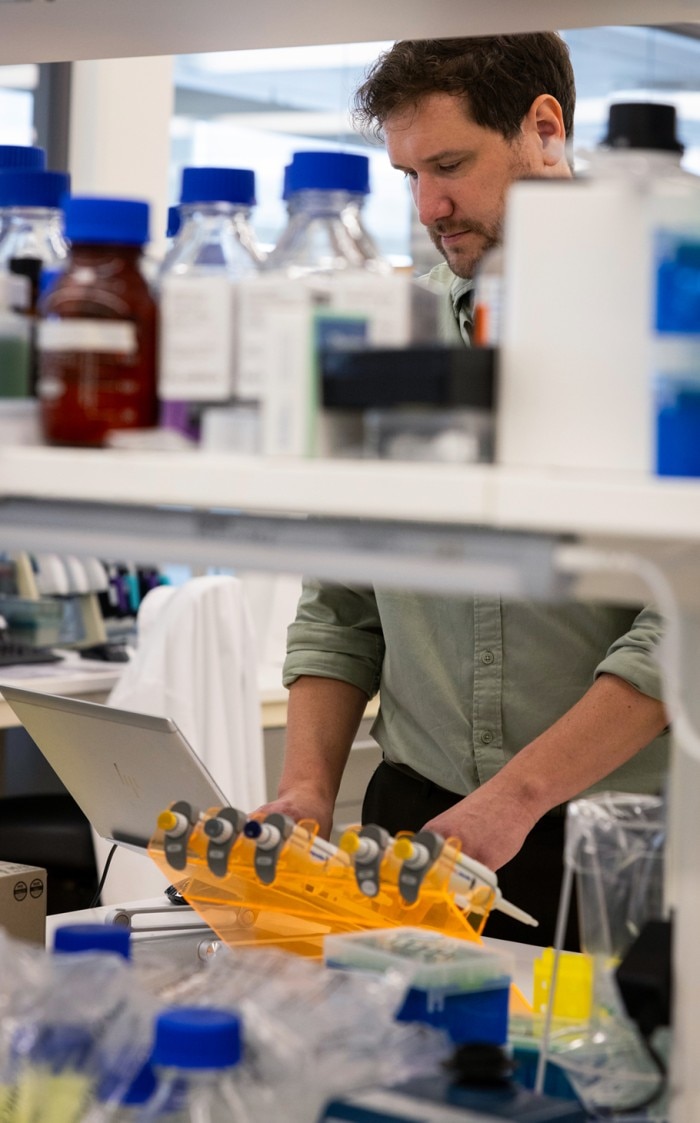-
-
-
- Services pour bioprocédés
- Services pour centrifugeuse et rotors
- Services pour Mastercycler
- Services pour automates de pipetage
- Services pour congélateurs
- Services pour incubateurs
- Services pour agitateurs
- Services pour appareils de photométrie
- Service de contrôle de la température et de l’agitation
- Service pour pipette
-
-
-
-
- Services pour bioprocédés
- Services pour centrifugeuse et rotors
- Services pour Mastercycler
- Services pour automates de pipetage
- Services pour congélateurs
- Services pour incubateurs
- Services pour agitateurs
- Services pour appareils de photométrie
- Service de contrôle de la température et de l’agitation
- Service pour pipette
-
-
- Centrifugeuses de paillasse
- Centrifugeuses au sol
- Centrifugeuses réfrigérées
- Microcentrifugeuses
- Centrifugeuses multi-fonctions
- Centrifugeuses haute vitesse
- Ultracentrifugeuses
- Concentrateur
- Produits IVD
- High-Speed and Ultracentrifuge Consumables
- Tubes de centrifugeuse
- Plaques de centrifugeuse
- Gestion des appareils
- Gestion des échantillons et des informations
-
- Pipetage manuel & distribution
- Pipettes mécaniques
- Pipettes électroniques
- Pipettes multicanaux
- Distributeurs et pipettes à déplacement positif
- Automates de pipetage
- Distributeurs sur flacon
- Auxiliaires de pipetage
- Pointes de pipette
- Consommables d’automatisation
- Accessoires pour pipettes et distributeurs
- Accessoires d’automatisation
- Services pour pipettes et distributeurs
Vous vous apprêtez à quitter ce site.
Veuillez noter que votre panier actuel n’est pas encore enregistré et ne pourra pas être affiché sur le nouveau site ou lors de votre prochaine visite. Si vous souhaitez enregistrer votre panier, veuillez vous connecter sur votre compte.

Inside the DNA Workshop
Découvrir les sciences de la vie
- Research
- Édition génique / CRISPR
- Off the Bench
- Off the Bench
- Bright Minds
Enzymes and the roles they play within the context of DNA repair are Maurice Michel’s focus of expertise. His latest discovery has the potential to open up new perspectives for drug development – as well as for personalized medicine.
The fact that Michel’s scientific background is based on a broad foundation was helpful: “In those moments where we were stymied, the chemist in me was able to ask the right questions.” After finishing his undergraduate degree in chemistry in the town of Clausthal (Germany), his passion for biochemistry subsequently led him to complete his doctorate at the Max Planck Institute of Colloids and Interfaces in Potsdam. “Early on, I had my fingers in every pie”, recounts Michel who now holds the position of Assistant Professor at the Karolinska Institutet in Sweden. Those who visit his LinkedIn profile will be able to peruse his many competencies – from vaccine developer to university lecturer.
Lire moins

Born in 1986 in Torgau, Saxony, with a yard to call his own, he “observed flowers and collected potato beetles”. Maybe this is where his passion for science first took root. When “National Geographic” was first published in German, he subscribed immediately and started a private diary in which he jotted down his own ideas on a number of different subjects, or, as he calls them, “nerdy notes”. At the tender age of 16, he drew his own conclusions.
This past summer, at 36 years old, Maurice Michel was awarded the Eppendorf Award for Young European Investigators 2023. The biochemist is currently conducting research at the Science for Life Laboratory on the campus of the Karolinska Institutet in Stockholm, and he has already guided 20 students to their Master’s degrees.
In 2017, Maurice Michel arrived as a postdoc in Sweden, and joined the Department of Oncology and Pathology of department head Thomas Helleday, who had newly focused on inflammatory processes. In his award-winning study, Maurice Michel and his team improved the function of the OGG1 protein. This enzyme was of special interest to the researchers for its involvement in DNA repair. DNA repair, per se, is nothing special. “It happens 10,000 times a day in each cell of the body”, explains Michel. With increasing age and oxidative stress, however, chronic inflammation accumulates, and with it the amount of DNA damage which, in turn, may be responsible for a variety of illnesses, including cancer, Alzheimer’s, diabetes or chronic organ inflammation. It is this OGG1 to which Michel coupled certain catalytic molecules, and he noticed something unusual: the small bound molecule acts as an activator rather than as an inhibitor.
Lire moins
Small molecules which participate in the reaction of an enzyme and then emerge unchanged – according to Michel, this is “completely new in a living cell”. It turned out that only these catalyst-molecules were capable of triggering new reactions which the enzyme alone could not initiate. As a further aspect to this discovery, Michel was able to improve the function of the enzyme. “The enzyme is ten times more effective in the repair of oxidative DNA damage”, states Michel. This offers opportunities for new therapy options. Laboratory head Helleday even envisions a possible “paradigm shift” in pharmacological and medical research. Personalized cancer medication would give therapeutic options a considerable boost.

The fact that Michel is gifted was already evident during his school days. He never had to study for chemistry – even the Krebs cycle immediately made sense to him. At some point, the desire to apply his talents to do good, perhaps develop vaccines and novel diagnostic avenues, arose in him. His success brings him a lot closer to his goal, and still, the award-winner remains humble.
“In retrospect, scientific discoveries tend to be presented in a way that is a bit polished”, admits Michel. One looks back on the five years at university and only sees the rigor. But the path that led to the finding was paved with mistakes, much discipline, “weeks of standstill and one sudden flash of inspiration” that pointed in the right direction. “In research, you need good luck.”
These days, Maurice Michel lives in a small house in the country with a beautiful garden near the Baltic Sea. The beach and forest are not far away, and the train takes him to Stockholm in no time. “The seclusion helps me think. Often, the best ideas come to me when I am not actively pursuing them”, says Michel. In this way, he can relax while he cycles many kilometers to stay fit, lifts weights or dedicates his time to gardening. Last summer, he and his wife preserved roughly 200 jars of pickles which are extremely popular when it comes to bartering – for example, in exchange for elk meat. He also reads a lot – of course, mostly specialist literature. “More lately, I often let ChatGPT presort the articles.”
He especially enjoys those moments when he can read to his wife – a fellow scientist. The couple met when they were both pursuing their doctoral degrees and they then moved up north together. Their interest in reading is broad – from nonfiction to the benefits of gene technology, all the way to the fantasy series “The Witcher”. When he reads to her, she likes to crochet. In the summer, her focus was on baby shoes – the couple recently became parents for the first time.
Lire moins
The benefits of Sweden
Sweden is not only a “paradise for young families”, says Michel. In addition, the research landscape offers “a very good setting”: even without his own lab, he enjoys “all the freedoms”, and the synergies are also great. At the Karolinska Institutet, which is de facto a university, researchers from different disciplines work next door to one another. “It’s very inspiring, I have access to expertise everywhere, and I can also obtain cell samples directly from the university clinic.” It is also one of the leading hospitals worldwide. His team includes a variety of specialists: chemists, biochemists, medical doctors and pharmacologists, as well as a veterinarian. There are also collaboration projects: with Spain for cardiovascular diseases, but also a specialist clinic for liver diseases in Shanghai. “At the same time, we at the Karolinska Institutet study the processes involved in pneumonia as well as Hutchinson-Gilford progeria syndrome which leads to rapid aging beginning in childhood”, reveals Michel. His research into DNA repair is well on its way to practical applications.


